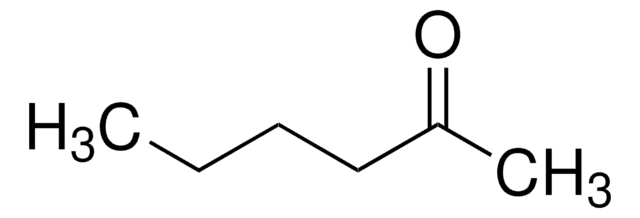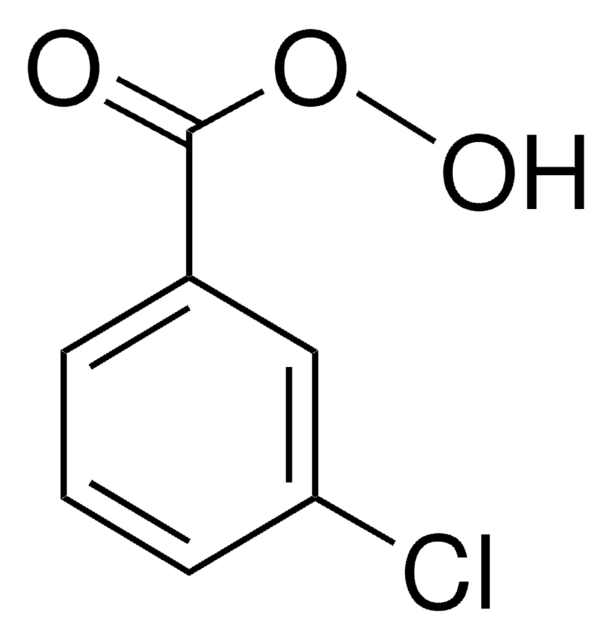About This Item
Recommended Products
Quality Level
assay
98%
form
liquid
refractive index
n20/D 1.439 (lit.)
bp
268-269 °C (lit.)
mp
−4 °C (lit.)
density
0.775 g/mL at 25 °C (lit.)
SMILES string
CCCCCCCCCCCCCC=C
InChI
1S/C15H30/c1-3-5-7-9-11-13-15-14-12-10-8-6-4-2/h3H,1,4-15H2,2H3
InChI key
PJLHTVIBELQURV-UHFFFAOYSA-N
Looking for similar products? Visit Product Comparison Guide
Related Categories
General description
wgk_germany
WGK 3
flash_point_f
closed cup
flash_point_c
closed cup
ppe
Eyeshields, Gloves, multi-purpose combination respirator cartridge (US)
Certificates of Analysis (COA)
Search for Certificates of Analysis (COA) by entering the products Lot/Batch Number. Lot and Batch Numbers can be found on a product’s label following the words ‘Lot’ or ‘Batch’.
Already Own This Product?
Find documentation for the products that you have recently purchased in the Document Library.
Customers Also Viewed
Our team of scientists has experience in all areas of research including Life Science, Material Science, Chemical Synthesis, Chromatography, Analytical and many others.
Contact Technical Service













